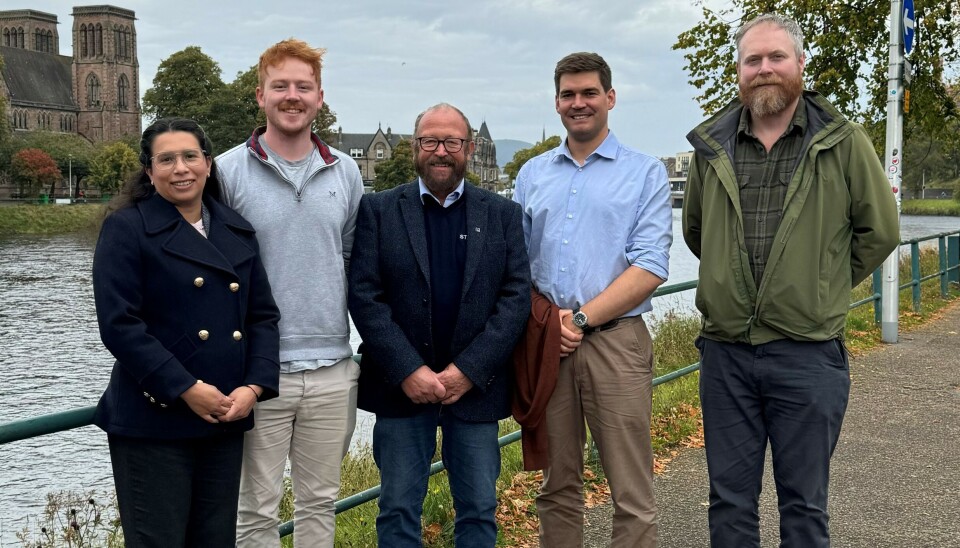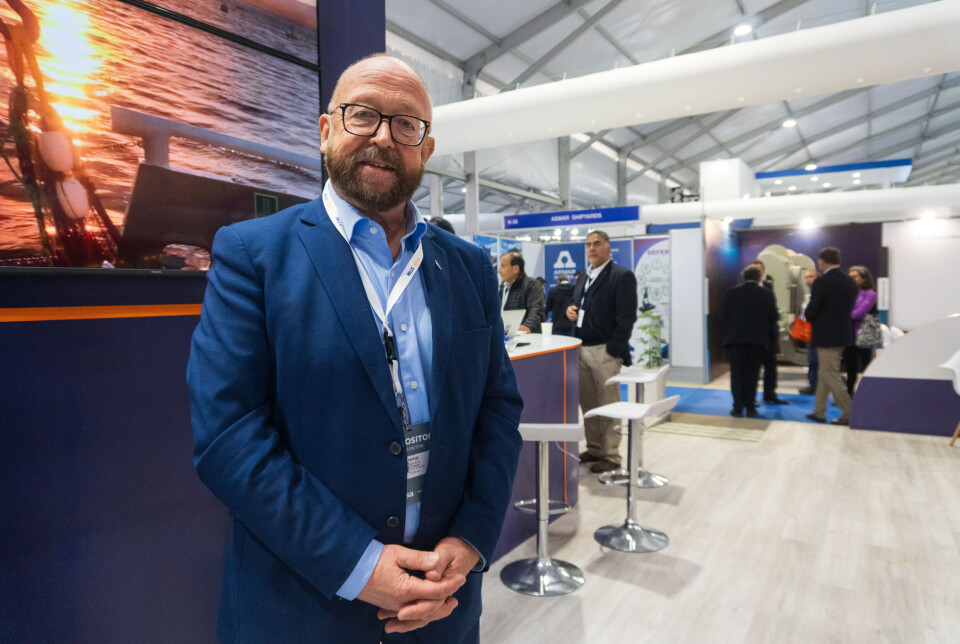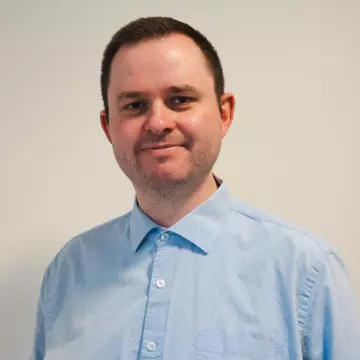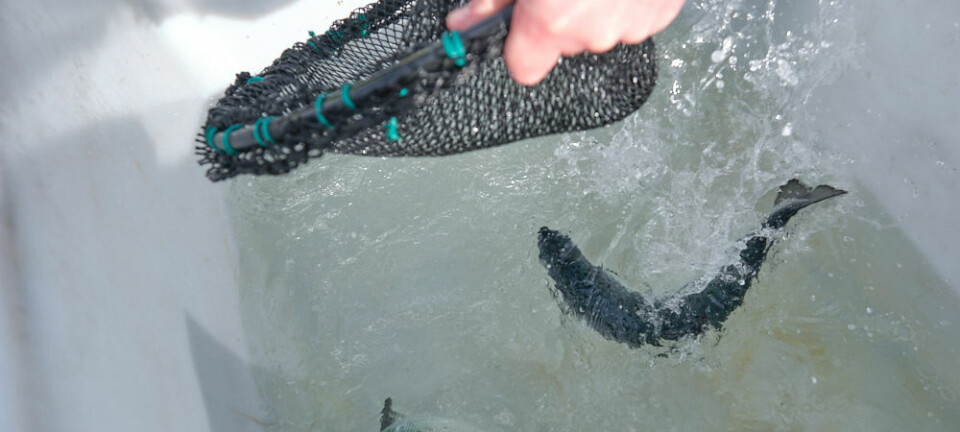
Expanding veterinary services in Ireland and Scotland
We want to have a positive impact on fish health and welfare, says STIM chief executive Carl-Erik Arnesen
After STIM acquired PHARMAQ Analytiq's environmental and veterinary services in Scotland and Ireland, the team recently met for a two-day gathering at STIM's new field office in Inverness. The experienced aqua veterinarian Felix Scholz, who is based in Ireland, has now been promoted to head of veterinary services in both countries. He aims to quickly build up his team in both markets.
"We will soon expand the veterinary team in Scotland and have also started the recruitment process for an additional veterinarian in Ireland. In my new role, I will spend much more time in Scotland, and I appreciate STIM's emphasis on our various teams working closer together, sharing insights and experiences. In our profession, it is crucial to stay updated on current knowledge and trends," Scholz told Fish Farming Expert's Norwegian sister site, Kyst.no
STIM chief executive Carl-Erik Arnesen has spent the last few days with the Scottish fish health team in Inverness. He told Kyst.no that they are ready to get started under the new ownership.

"We have inherited a team of highly qualified and experienced fish health personnel. The same applies to our environmental team based here in Inverness," Arnesen said.
Driving industry forward
The expansion into fish health and environmental services enables STIM in the UK and Ireland to achieve the same level of service as in Norway, where the company originated.
"The recipe for our success has been the union of expertise and knowledge about production biology, fish health, and the marine environment. Interdisciplinary collaboration is the key. Our goal is to drive the industry forward and have a positive impact on fish health and welfare as well as increased productivity," said Arnesen.
He has more than 40 years of experience in fish farming, primarily on the production side. Chief operating officer Justin Watson has 20+ years of experience in aquaculture.
"Knowing the industry at a fundamental practical level is very important. To give good advice, we must have a clear picture of the challenges that exist, and just as much, the practical limitations we must operate within," said Watson.




































































